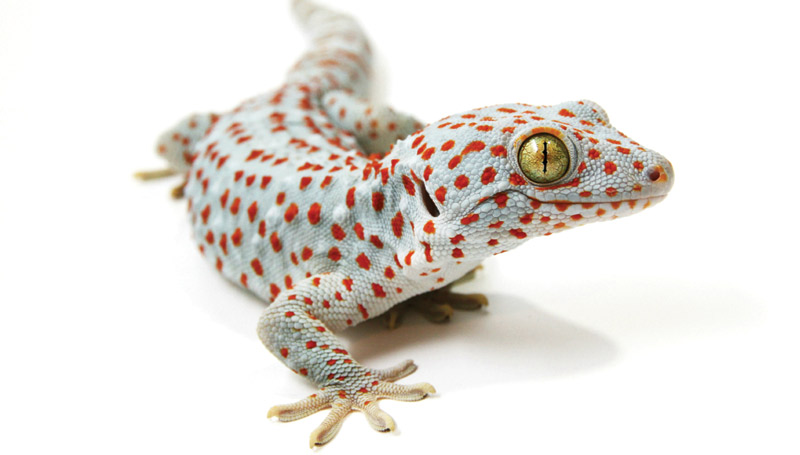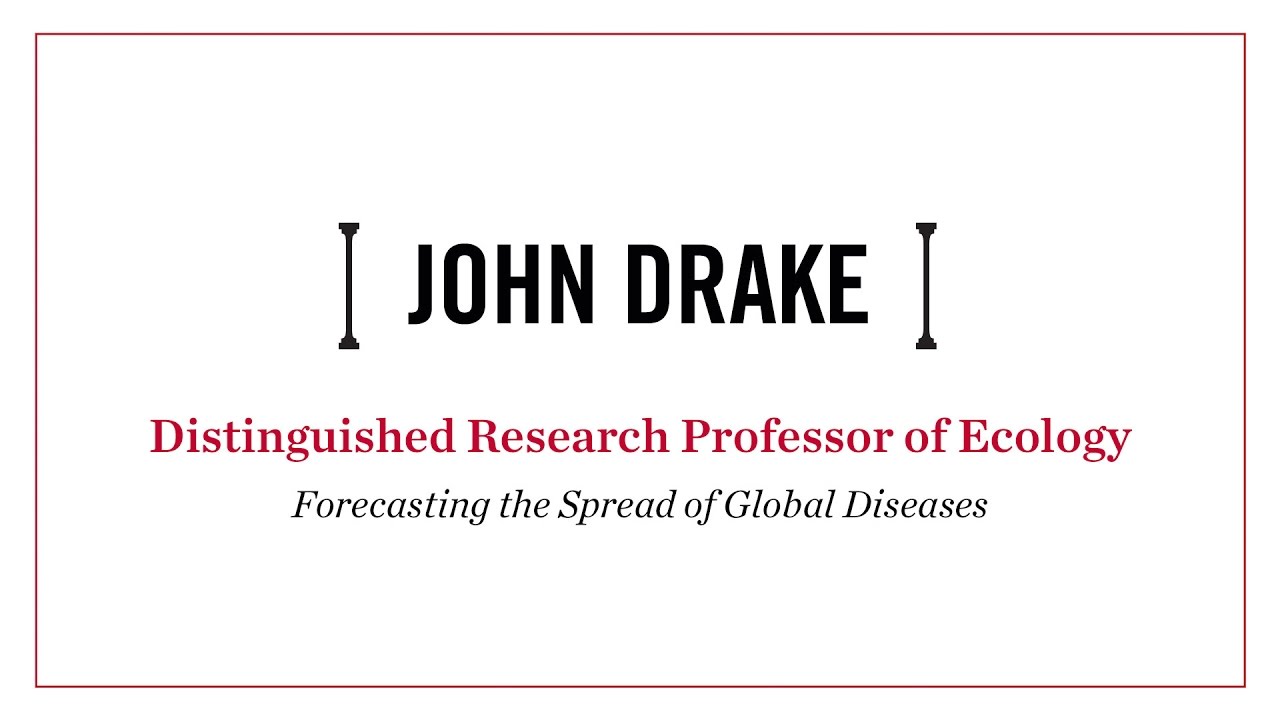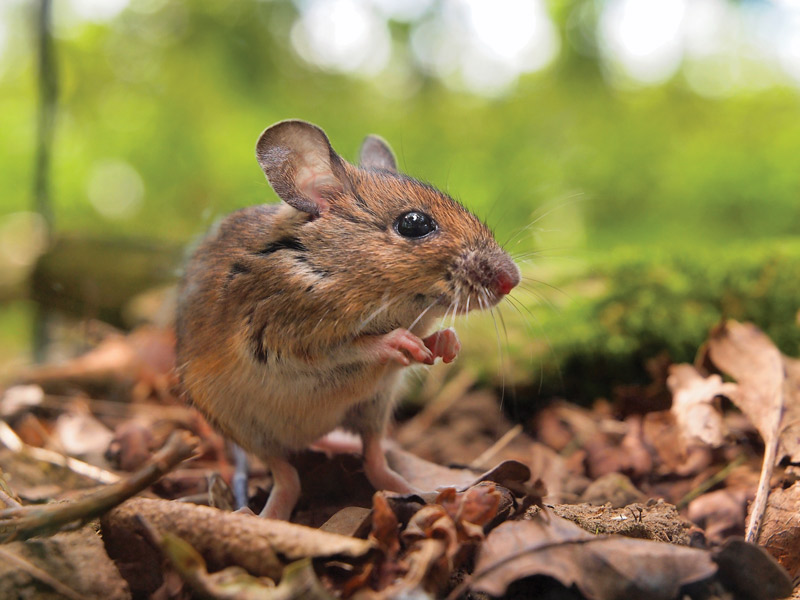Tokay geckos might not be the average family’s first choice for a household pet, but the colorful reptiles are popular among people who want something a little less traditional. New research from the College of Veterinary Medicine, however, may make would-be gecko owners think twice.
Geckos harbor bacteria that make them a health hazard for their owners, according to Sonia Hernandez, an associate professor of wildlife diseases. She and graduate student Christine Casey imported geckos from Indonesia, collected fecal samples from the animals and tested the bacteria thus obtained against common antibiotics. They found that bacteria often were resistant to the antibiotics.
“The study shows how importing animals can introduce bacteria into households,” said Hernandez, who is jointly appointed to the Southeastern Cooperative Wildlife Disease Study, based in the college and the Warnell School of Forestry and Natural Resources.
“Owners, especially children, should always wash their hands after being in direct or indirect contact with geckos,” Casey said. “If pet owners were to get an infection, then doctors may be unable to treat it with certain antibiotics.”






